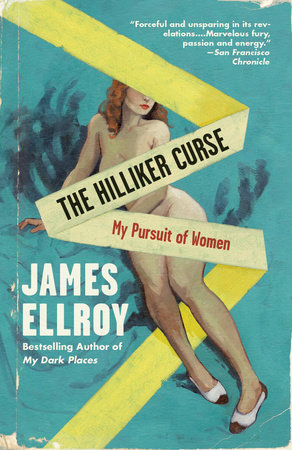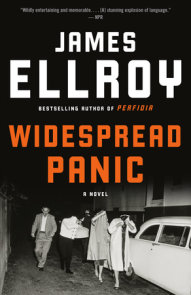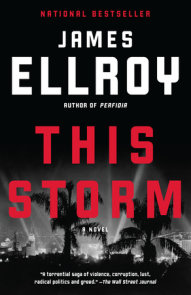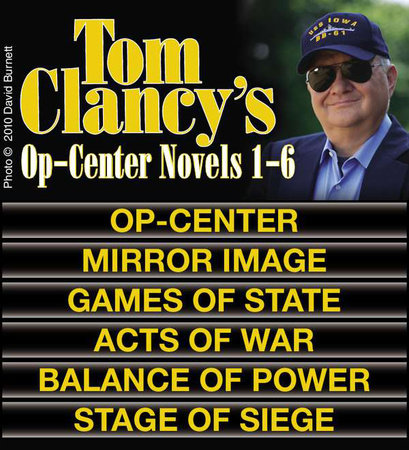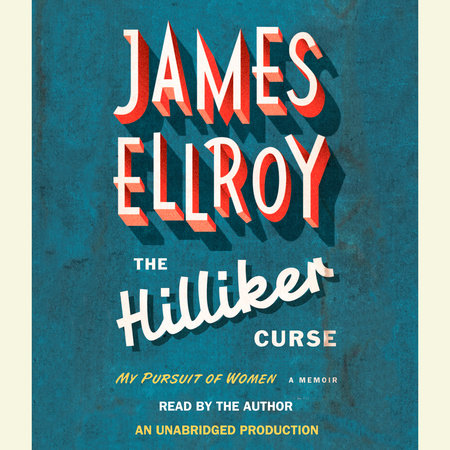

The Hilliker Curse
By James Ellroy
By James Ellroy
By James Ellroy
By James Ellroy
By James Ellroy
Read by James Ellroy
By James Ellroy
Read by James Ellroy
Category: Arts & Entertainment Biographies & Memoirs | Literary Figure Biographies & Memoirs | True Crime
Category: Arts & Entertainment Biographies & Memoirs | Literary Figure Biographies & Memoirs | True Crime
Category: Arts & Entertainment Biographies & Memoirs | Literary Figure Biographies & Memoirs | True Crime | Audiobooks

-
$14.95
Sep 06, 2011 | ISBN 9780307477392
-
Sep 07, 2010 | ISBN 9780307594327
-
Sep 07, 2010 | ISBN 9780307875860
464 Minutes
Buy the Audiobook Download:
YOU MAY ALSO LIKE
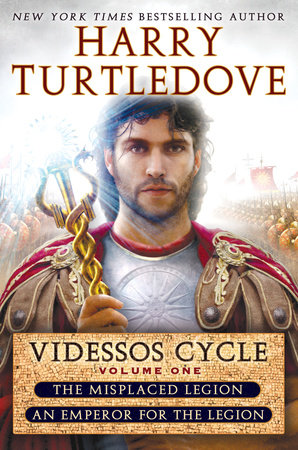
Videssos Cycle: Volume One
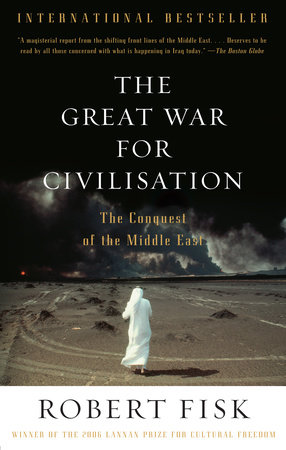
The Great War for Civilisation

The Missing
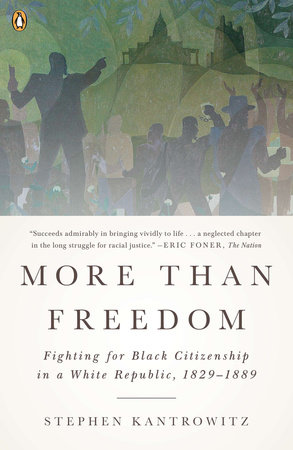
More Than Freedom
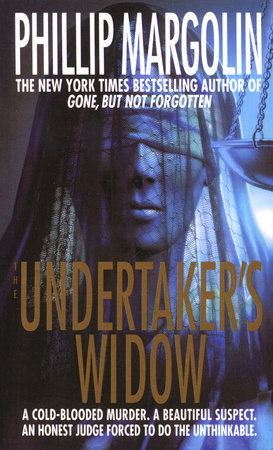
The Undertaker’s Widow
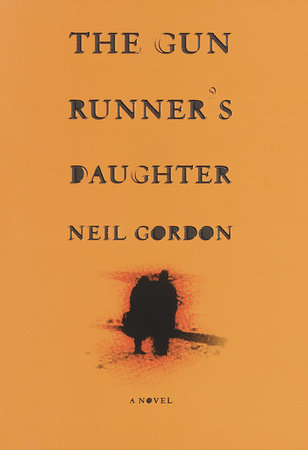
The Gun Runner’s Daughter
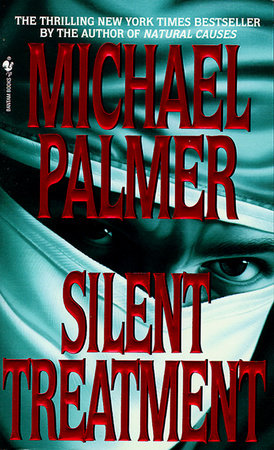
Silent Treatment
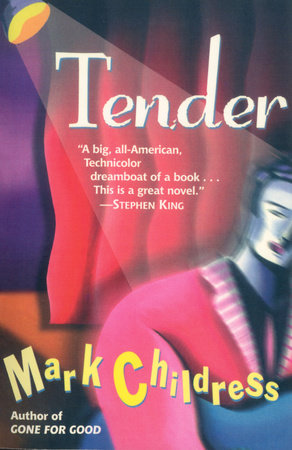
Tender
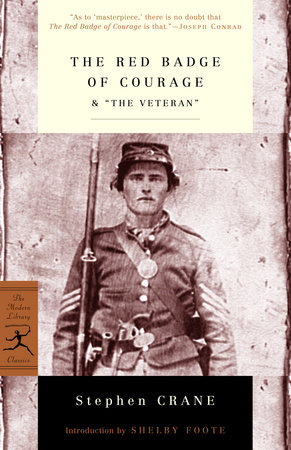
The Red Badge of Courage & “The Veteran”
Praise
“Forceful and unsparing in its revelations…. Marvelous fury, passion and energy.” —San Francisco Chronicle
“A remarkable memoir … Once again … Ellroy [has] come up with the goods.” —The Economist
“Terrible, exhilarating, exhauting, entertaining and downright tragic. It’s also brutally honest.” —Las Vegas Review Journal
“Perhaps the most confessional memoir I’ve ever read.” —The Dallas Morning News
“Ellroy is a remarkable storyteller, and The Hilliker Curse offers an abundance of his unmistakable gristle-and-bone prose style.” —The Onion A.V. Club
“To say that Ellroy’s prose is fractured or fragmented is like saying that an Impressionist painting is smudged and unfocused. It misses the point and describes the shadow of the thing, not the thing’s substance. The words bounce around in a world where tense is fluid, where hard-consonants rule the day, where conventional definitions are tossed on their heads. He pushes his readers’ limits by demanding that they enter a world created solely for the purpose of brutally truthful revelation.” —Chicago Sun-Times
“As fascinating as it is at times utterly disturbing.” —Entertainment Weekly
“Crime writer James Ellroy’s most compelling mystery story has always been his own…. But The Hilliker Curse is not meant to be merely a confession. It is an act of creation. . . . There’s a truth of feeling in it, too, an underlying sense of what it is actually like to live in the vortex of an impossible yearning…. Ellroy is expert and relentless at dramatizing the effects [of his obsession].” —Wall Street Journal
“What a breathless piece of writing this is. When it comes to pinning down the most startling possible word collision, Ellroy’s acrobatic pizzazz is beyond doubt…. This is literary knife-throwing at its most exhilarating and dangerous.” —The Observer (London)
“There’s no doubt about it: James Ellroy is a fascinating character…. He’s as hard to ignore as a burning fire truck…. The revelations are compelling, as the author indicts the tough-guy persona he has so meticulously constructed.” —Booklist
“A fervent portrait of the artist as a young screw-up—an old one, too, who writes like an avenging angel…. It’s vintage Ellroy.” —Kirkus Reviews
21 Books You’ve Been Meaning to Read
Just for joining you’ll get personalized recommendations on your dashboard daily and features only for members.
Find Out More Join Now Sign In









